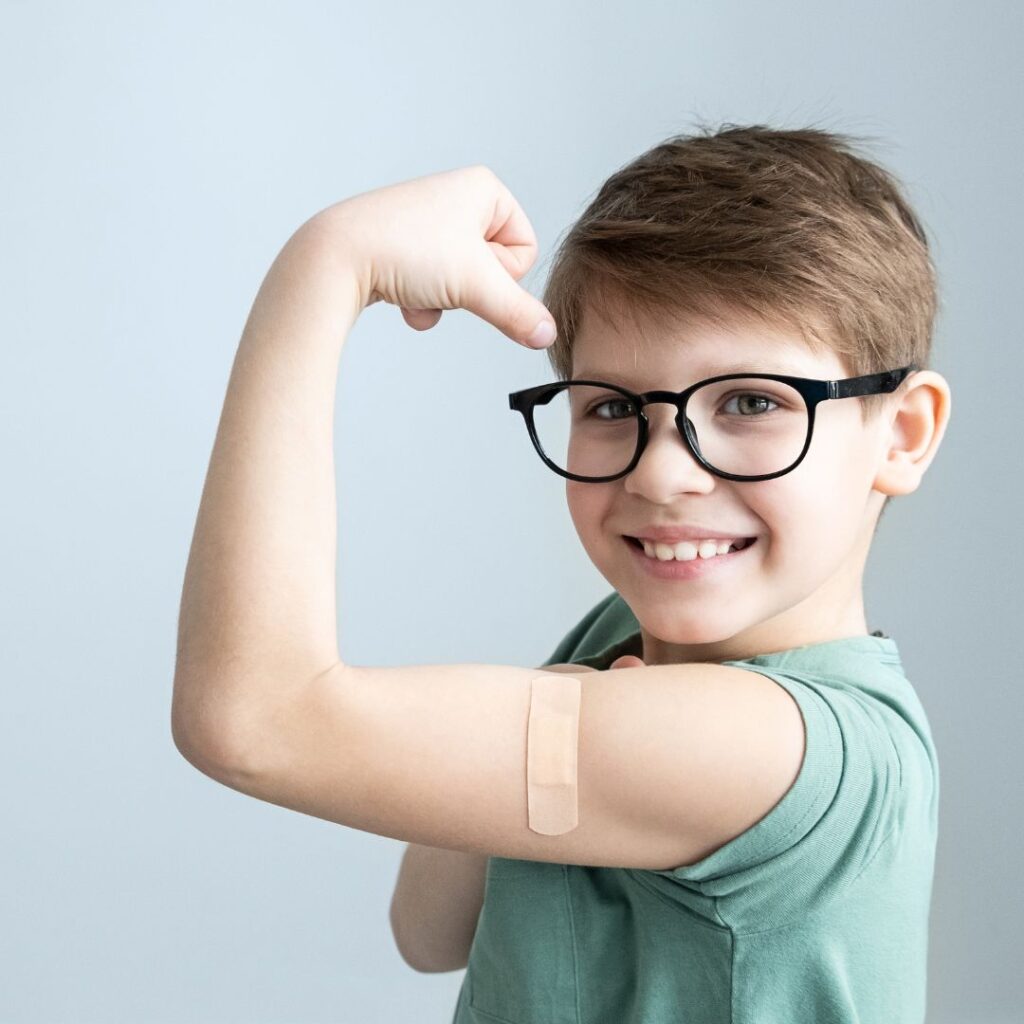A Vaccine For Your Child

Oropharyngeal cancer develops near the back of the mouth and throat, including the back and base of the tongue, the soft part of the roof of the mouth, and the tonsils. Approximately three-fourths of these cancers were related to the human papillomavirus (HPV). Many people are exposed to HPV in their lifetime. Most of the time, the virus clears up, and people never develop any signs or symptoms of infection. However, in some people, the virus does not go away, and it can cause several types of cancer, including oropharyngeal cancer.
A main concern is that HPV-related oropharyngeal cancer is on the rise. In 1999, 7.2 of 100,000 people had HPV-related oropharyngeal cancers; in 2015, 10.2 of 100,000 did. Men are 6 times more likely than women to be infected with the strain of HPV associated with oropharyngeal cancer. Luckily, there is a vaccine that can protect against infection with the strains of the HPV virus known to cause some cancers. The Centers for Disease Control and Prevention (CDC) has recommended use of this vaccine for girls since 2006 and boys since 2011. The vaccine has been found to reduce infection with HPV and prevent a variety of HPV-related cancers.
The CDC recommends that children receive 2 doses of the HPV vaccine from the ages of 11 through 12 years (although it can be given in 2 doses from the ages of 9-14 years). Children, teens, and adults (15-26 years) who missed getting the vaccine also can be vaccinated, although they will require 3 doses.